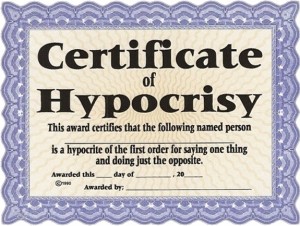Cognitive biases play an important role in creating and perpetuating problems that lead to foodborne illness outbreaks. By using insights from behavioral ethics, we argue that sometimes people engage in unethical behavior that increases the likelihood of foodborne illness outbreaks without necessarily intending to or being consciously aware of it.
 We demonstrate these insights in an analysis of the 2011 Listeriosis outbreak in the U.S. from the consumption of contaminated cantaloupes. We then provide policy implications that can improve our understanding of other kinds of disease outbreaks and epidemics.
We demonstrate these insights in an analysis of the 2011 Listeriosis outbreak in the U.S. from the consumption of contaminated cantaloupes. We then provide policy implications that can improve our understanding of other kinds of disease outbreaks and epidemics.
Behavioral Ethics and the incidence of foodborne illness outbreaks
Journal of Agricultural and Environmental Ethics
Harvey James Jr and Michelle Segovia
https://link.springer.com/article/10.1007/s10806-020-09837-w
